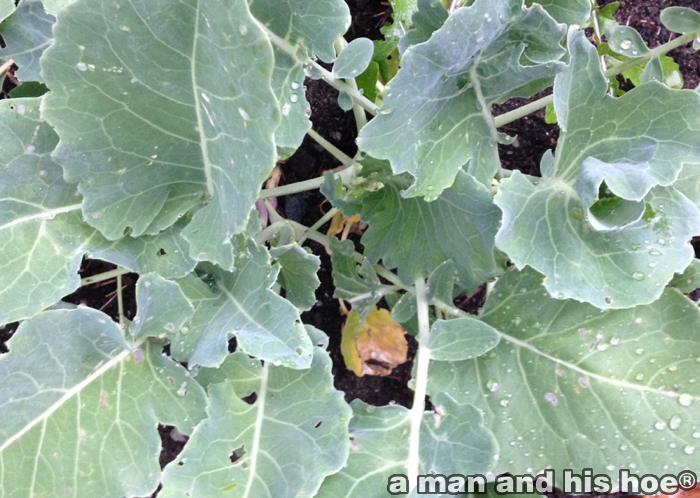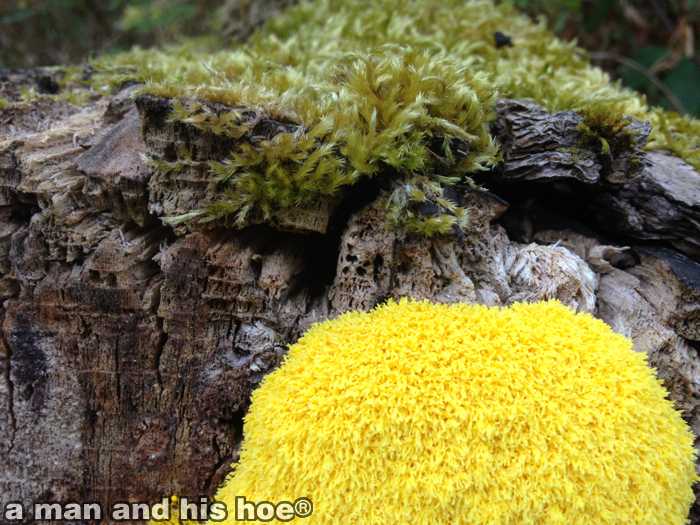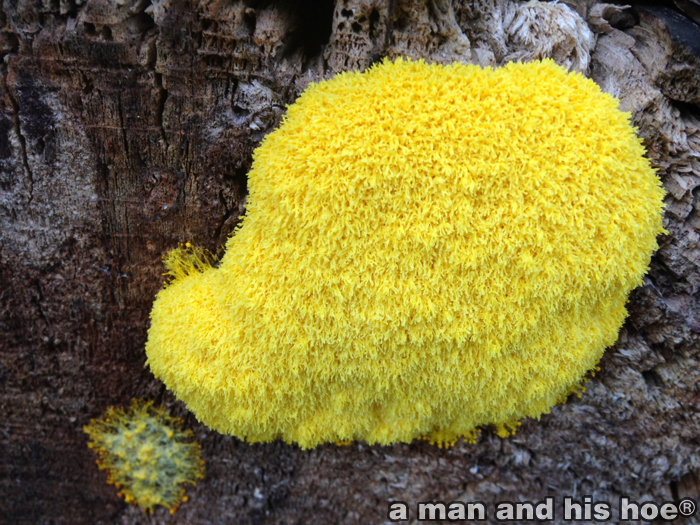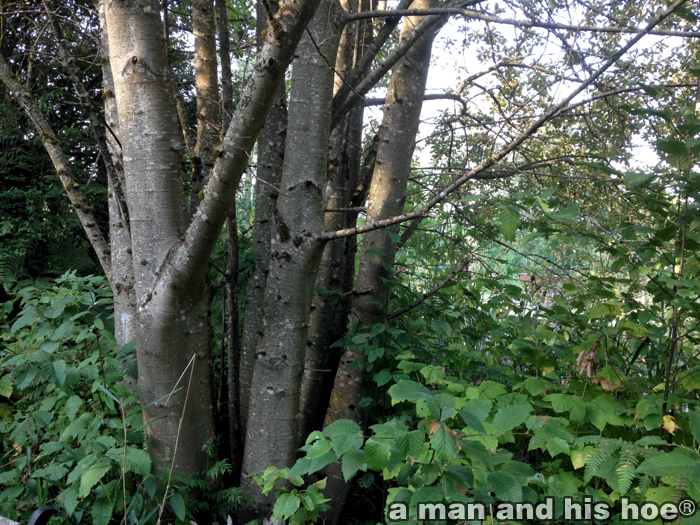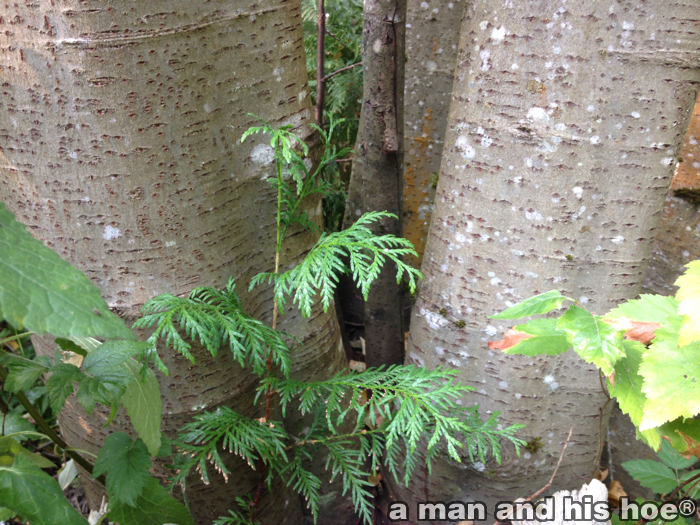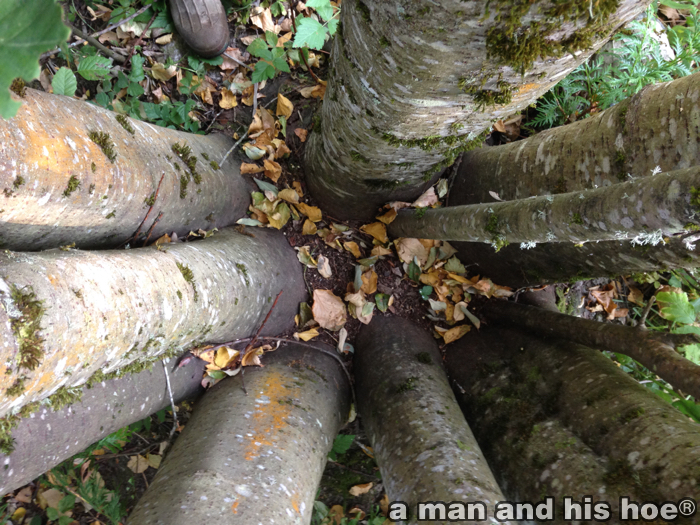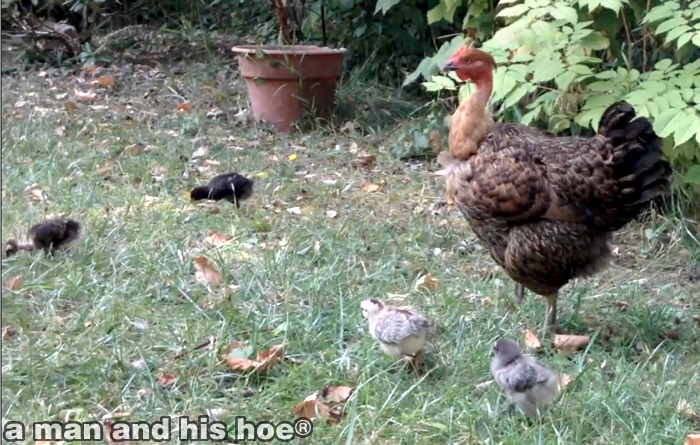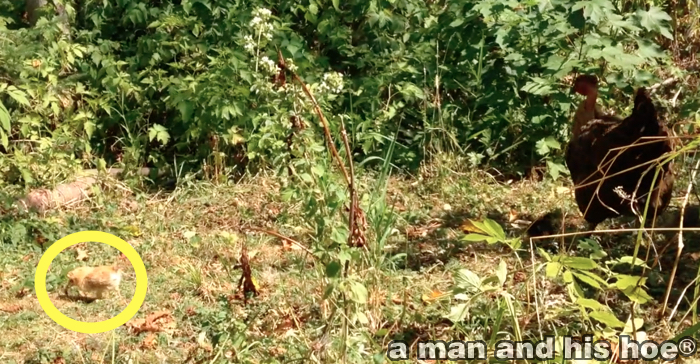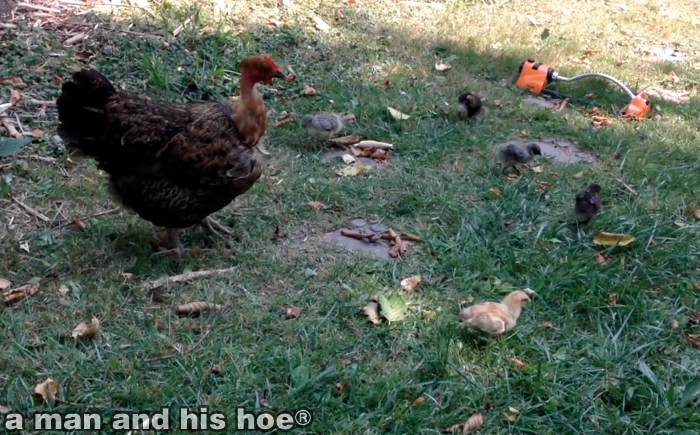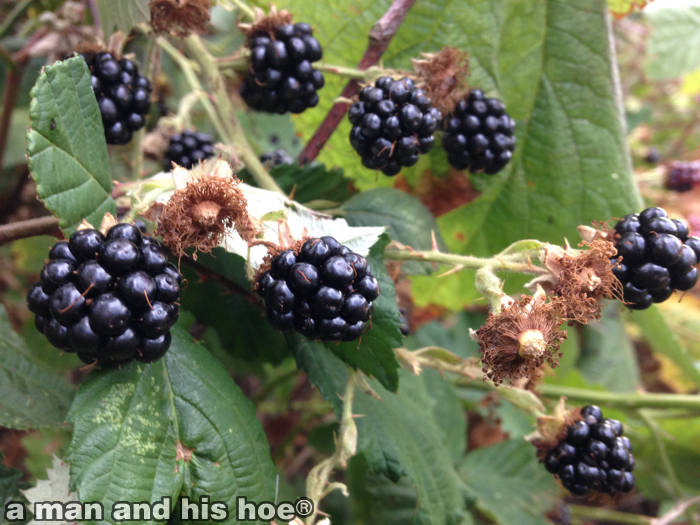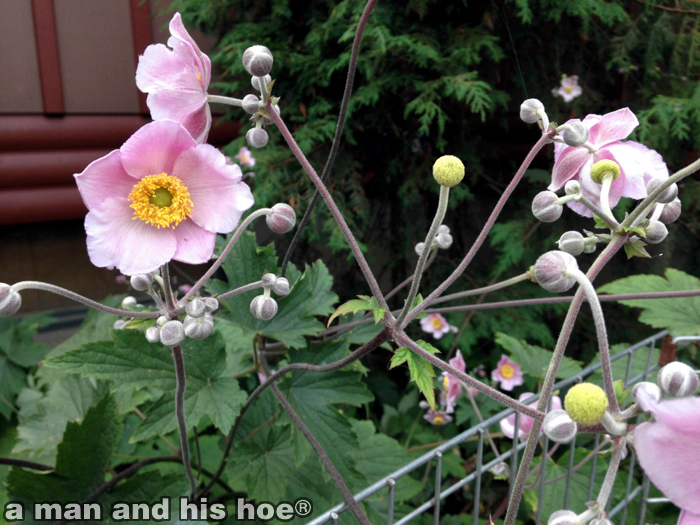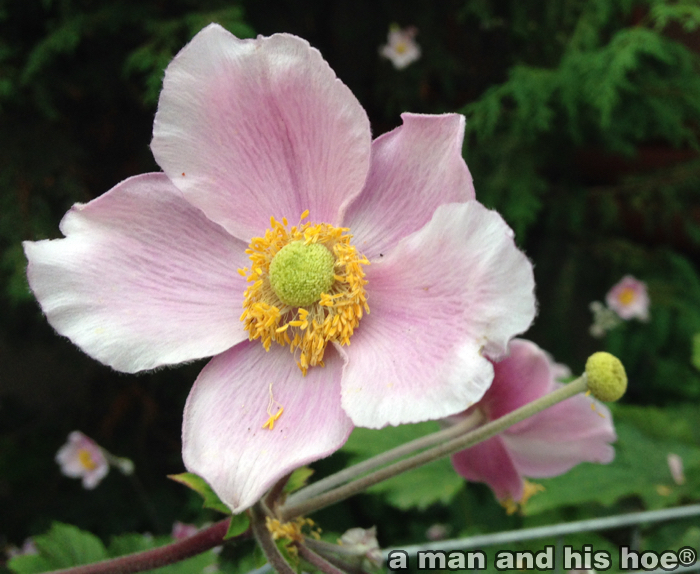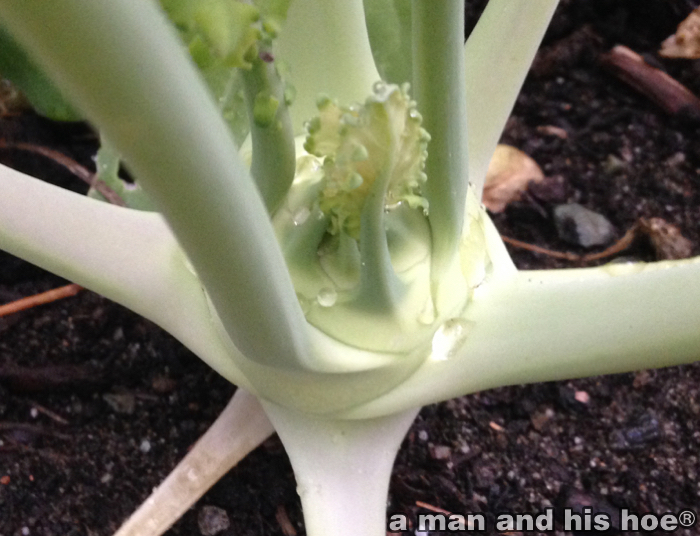
For the first time in their lives, baby kohlrabi are getting a soft shower of rain drops. What do they think of the rain? Does it taste better than the well water I use to water them? A few more weeks, and the baby kohlrabi will grow up and be ready for market. Isn’t odd that you never hear about humanely grown vegetables? You can get someone to certify that you have raised your chicken, pigs, and cows humanely, though those certification standards are abysmally low. How about humanely grown produce? What would that mean to a kohlrabi? Having soil free of pesticides, herbicides, fungicides? A biologically rich environment? Rich soil full of earthworms wriggling around your roots to keep them aerated and fertilized? No heavy tractors rolling through the fields, compacting the soil and terrorizing the inhabitants? A quiet field so you can hear the songbirds? Clean air flowing through your leaves?
